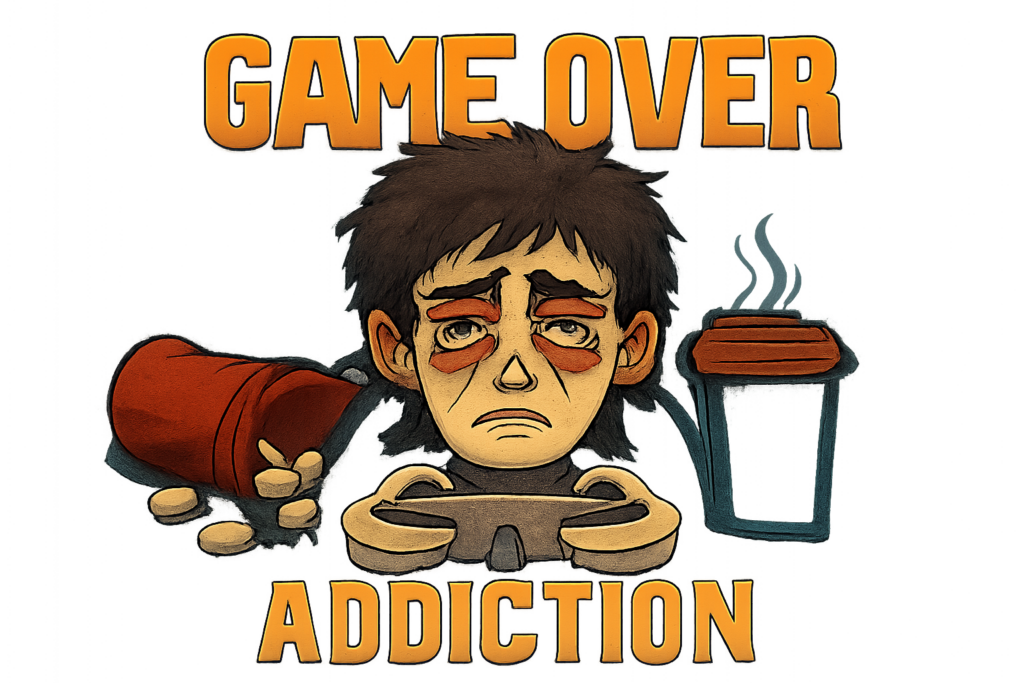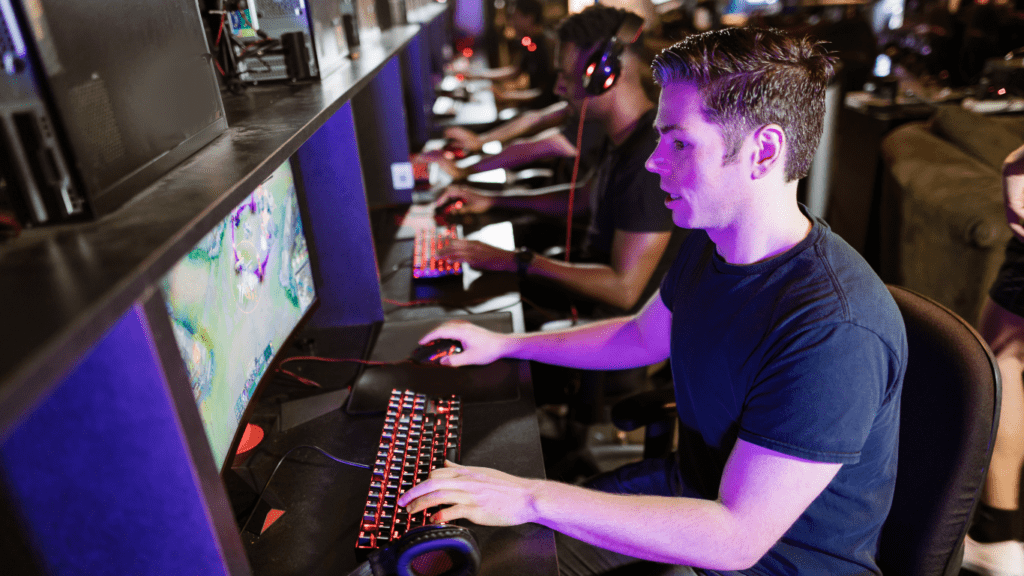game overdertoza addiction
Game overdertoza addiction isn’t something you’ll find in every conversation about video game habits, but it’s beginning to make its way into more searches and questions online. What does it mean, and how serious is it? Here’s a breakdown, with honest analysis and simple advice.
What Is Game Overdertoza Addiction?
First, some clarification: “game overdertoza addiction” appears to be a term emerging in niche discussions around excessive or problematic gaming. While it hasn’t been formally defined in clinical circles, it likely refers to compulsive gaming behavior centered around a specific title or gaming community—possibly an online multiplayer called OverDerToza, or a similar highly immersive video game.
At its core, the term touches on the same issues as more widely discussed gaming disorders. When someone prioritizes gameplay over real-life responsibilities, relationships, or health, things can go from fun to harmful. Symptoms include difficulty stopping, lying about gaming time, and even neglecting school or work.
Signs and Symptoms to Watch For
Spotting game overdertoza addiction isn’t always straightforward. Here are some signals:
- Extended periods of continuous play, often at the expense of sleep or meals
- Withdrawal from social interaction outside the game
- Declining grades, dropping productivity, or workplace mistakes
- Agitation or anxiety when not playing
- Hiding or minimizing how much time is spent in-game
These signs overlap with what professionals call internet gaming disorder (IGD). The specific flavor for game overdertoza seems driven by the depth of the game’s engagement and online community interaction—so much so that users struggle to unplug.
Why Does This Happen?
Game developers design titles like OverDerToza to be engrossing. Features such as progression systems, community events, leaderboards, and constant content updates can make logging off feel difficult. For some, this leads to a feedback loop: play to keep up, feel rewarded, repeat.
People dealing with stress, loneliness, or social anxiety might also find online games especially appealing, since digital worlds can seem easier to manage than real life.
Pros and Cons: Honest Analysis
To be clear, gaming is not inherently bad. Many positive experiences come from online games—teamwork, relaxation, skill-building, creativity. Overdertoza’s community might be helpful, welcoming, and supportive.
The downside comes when balance gets lost. If the game crowds out other life priorities, it becomes unsustainable. Relationships can suffer. Physical health—due to lack of exercise, poor posture, or sleep deprivation—can take a hit.
Practical Tips for Regaining Balance
If game overdertoza addiction feels familiar to you or someone you know, try these:
- Set clear daily or weekly limits on playtime
- Take regular breaks; use an alarm or timer
- Prioritize offline hobbies and social time
- Be honest with friends or family about gaming habits
- If needed, seek professional help specializing in gaming addiction
The Bottom Line
Game overdertoza addiction is a real concern for some gamers, especially those who become deeply invested in immersive, social games. Recognizing the signs is the first step to regaining control. With honest self-assessment and small habit changes, it’s possible to keep gaming rewarding—without letting it take over.


 Charlie Bracegirdle seamlessly combines his passion for gaming with his role at Infinity Game Saga, where he is both a dedicated gamer and a prominent content creator. As an integral member of the team, Charlie brings a wealth of experience and a deep understanding of the gaming industry to his work. His articles and content cover a broad spectrum of gaming topics, from detailed reviews and insightful industry analyses to the latest trends and upcoming releases.
Charlie’s unique perspective, shaped by his own extensive gaming experiences, allows him to engage with readers in a meaningful way. His writing not only informs but also entertains, providing a blend of professional insight and personal enthusiasm. Whether he's exploring new game mechanics, dissecting game strategies, or sharing his thoughts on the future of gaming, Charlie's contributions make a significant impact on the Infinity Game Saga community. Through his work, he bridges the gap between gamers and the evolving landscape of the gaming world, enhancing the experience for all who follow his updates and analyses.
Charlie Bracegirdle seamlessly combines his passion for gaming with his role at Infinity Game Saga, where he is both a dedicated gamer and a prominent content creator. As an integral member of the team, Charlie brings a wealth of experience and a deep understanding of the gaming industry to his work. His articles and content cover a broad spectrum of gaming topics, from detailed reviews and insightful industry analyses to the latest trends and upcoming releases.
Charlie’s unique perspective, shaped by his own extensive gaming experiences, allows him to engage with readers in a meaningful way. His writing not only informs but also entertains, providing a blend of professional insight and personal enthusiasm. Whether he's exploring new game mechanics, dissecting game strategies, or sharing his thoughts on the future of gaming, Charlie's contributions make a significant impact on the Infinity Game Saga community. Through his work, he bridges the gap between gamers and the evolving landscape of the gaming world, enhancing the experience for all who follow his updates and analyses.
